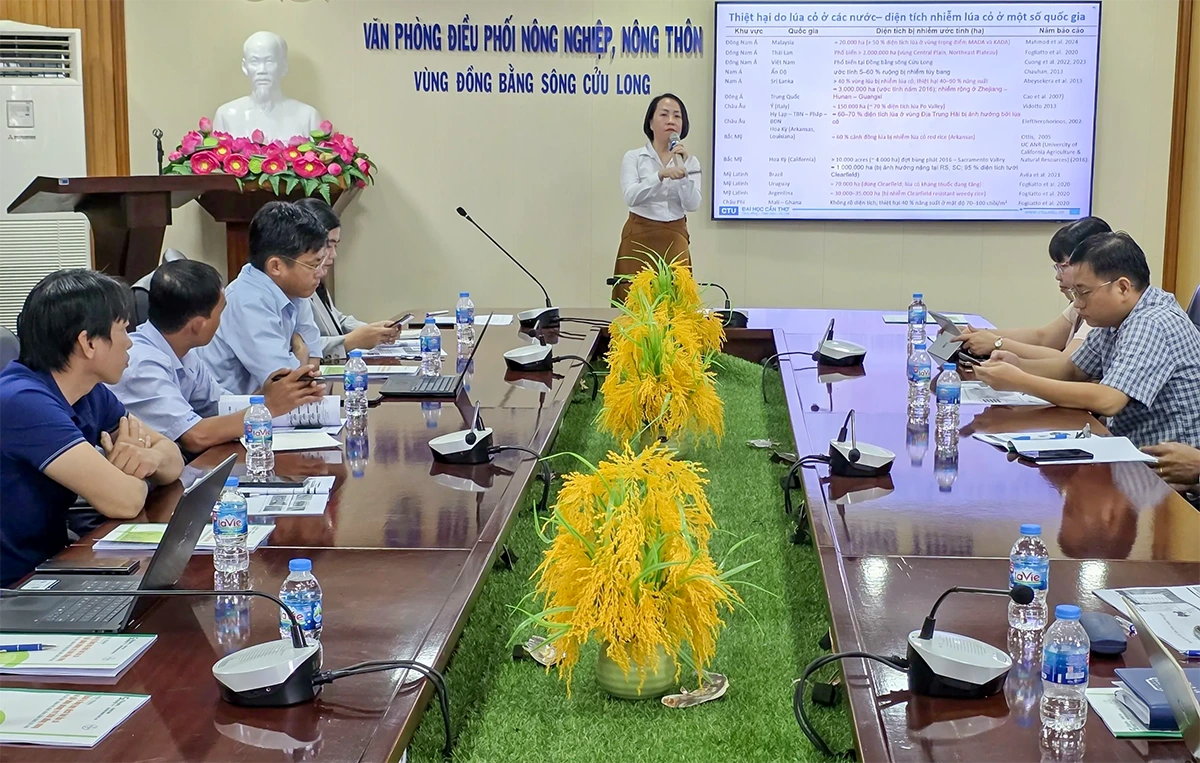
Delegates attending the workshop.
Along with the challenges of climate change and saline intrusion, the decline in soil quality and water resources, weedy rice is becoming a new, silent but extremely serious threat to our country's rice industry, especially in the Mekong Delta. Currently, dozens of weedy rice species have been recorded appearing in the key rice production area of the country, the Mekong Delta - which contributes more than 50% of Vietnam's rice output and 90% of its rice exports.
Weedy rice has a strong vitality, competes strongly with cultivated rice (for water, nutrients, sunlight), reduces the yield, quality of cultivated rice and affects the value of rice. However, currently, the authorities and localities in the Mekong Delta still do not have complete and accurate statistics on the area infected with weedy rice and the damage caused by weedy rice in the Mekong Delta in the past time...
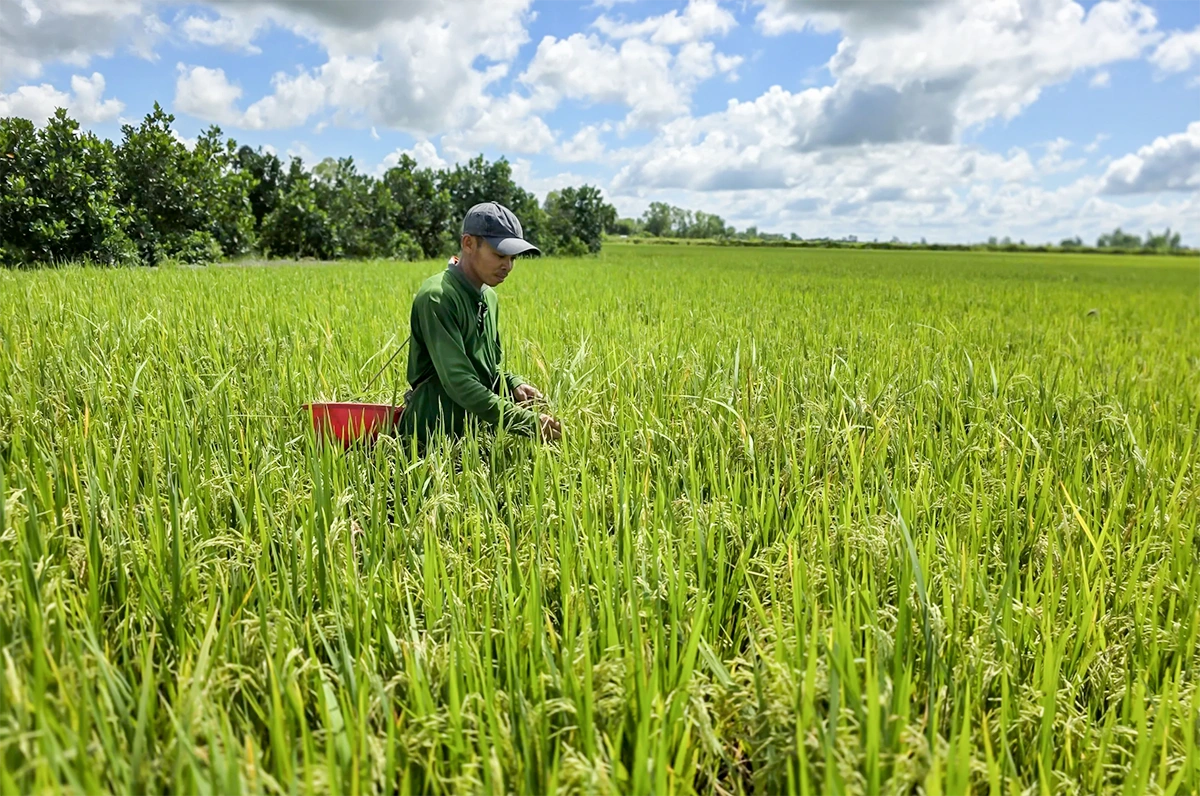
Farmers in Thoi Lai commune, Can Tho city cut and collect weeds in the field.
At the workshop, in addition to updating information on the rice production situation, the appearance of weedy rice in our country and other countries in the world , speakers and experts from many institutes, schools and businesses shared experiences and good solutions in managing weedy rice in countries around the world. Proposed solutions to help our country manage and prevent weedy rice effectively.
Many delegates agreed that weedy rice needs to be managed with comprehensive and synchronous solutions. Pay attention to implementing integrated pest management of weedy rice, applying integrated pest management measures (IPM) and good management practices, using guaranteed seed sources. Synchronously integrating water management (AWD), farming measures, using smart and responsible pesticides and preventing weeds resistant to pesticides...
According to Ms. Huynh Kim Dinh, Deputy Director of the National Agricultural Extension Center, integrated management of weedy rice pests is an inevitable trend, requiring close coordination and consensus between the State, scientists , businesses and farmers. The opinions and proposals of experts and delegates at the workshop will be the basis for the National Agricultural Extension Center to study, complete the plan and organize the implementation of a series of specific actions, including developing a set of technical guidelines for integrated management of weedy rice pests, developing demonstration models, training, extensive communication and establishing an early warning system. Encourage businesses, institutes and schools to participate in the production chain of clean seeds and uncontaminated model fields.
News and photos: KHANH TRUNG
Source: https://baocantho.com.vn/quan-tam-thuc-hien-quan-ly-tong-hop-dich-hai-lua-co-a192449.html


![[Photo] General Secretary To Lam attends the 18th Hanoi Party Congress, term 2025-2030](https://vphoto.vietnam.vn/thumb/1200x675/vietnam/resource/IMAGE/2025/10/16/1760581023342_cover-0367-jpg.webp)


![[Photo] Nhan Dan Newspaper launches “Fatherland in the Heart: The Concert Film”](https://vphoto.vietnam.vn/thumb/1200x675/vietnam/resource/IMAGE/2025/10/16/1760622132545_thiet-ke-chua-co-ten-36-png.webp)


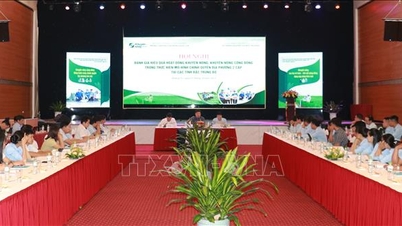



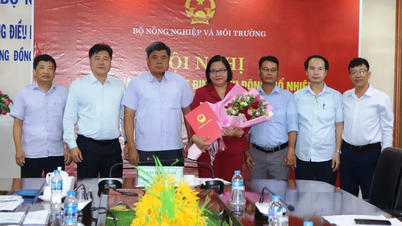







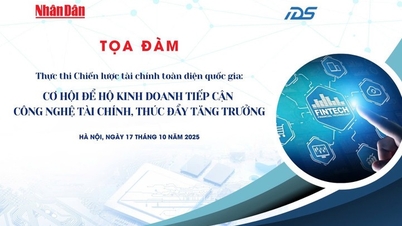

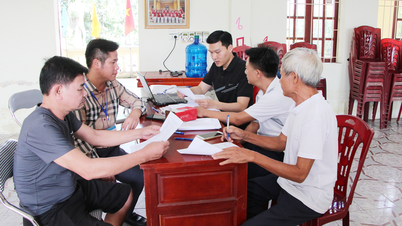

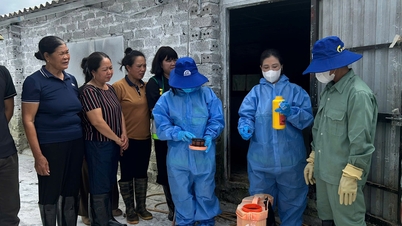
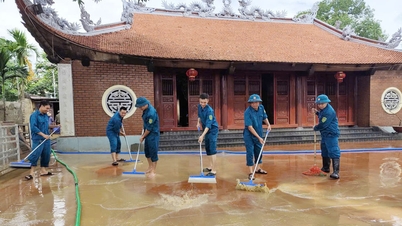
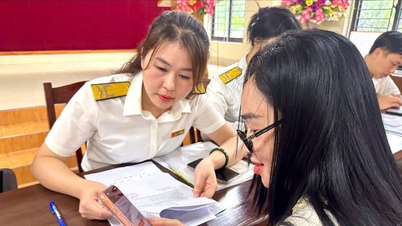





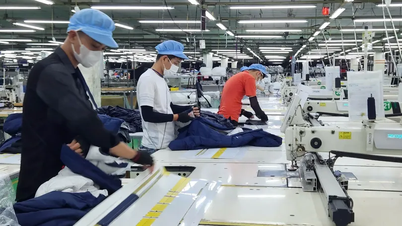
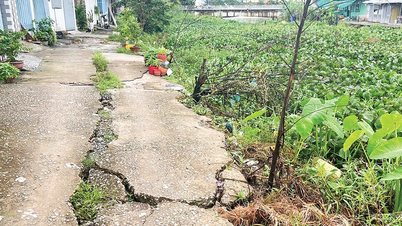
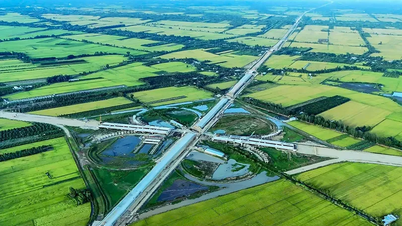
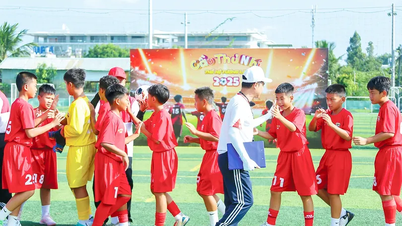
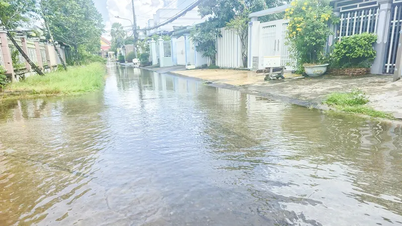
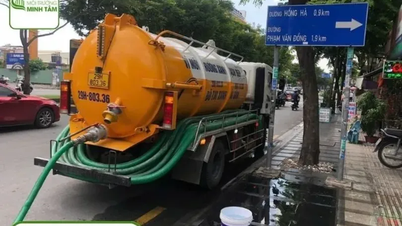








![[Video] TripAdvisor honors many famous attractions of Ninh Binh](https://vphoto.vietnam.vn/thumb/402x226/vietnam/resource/IMAGE/2025/10/16/1760574721908_vinh-danh-ninh-binh-7368-jpg.webp)



























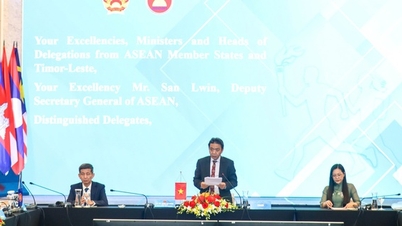

![[Photo] Nhan Dan Newspaper launches “Fatherland in the Heart: The Concert Film”](https://vphoto.vietnam.vn/thumb/402x226/vietnam/resource/IMAGE/2025/10/16/1760622132545_thiet-ke-chua-co-ten-36-png.webp)

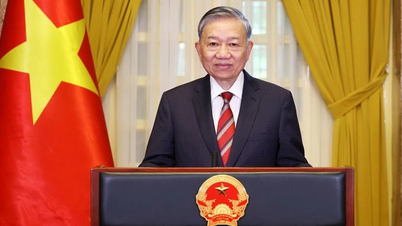




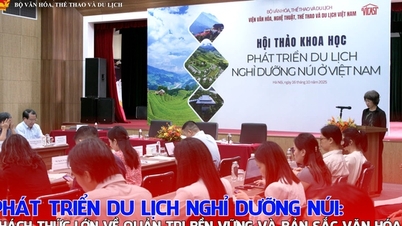
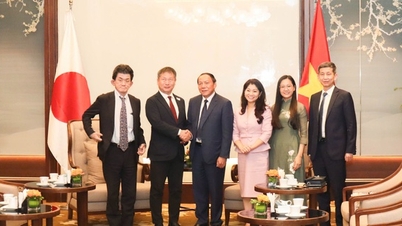
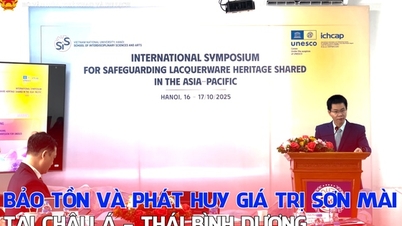

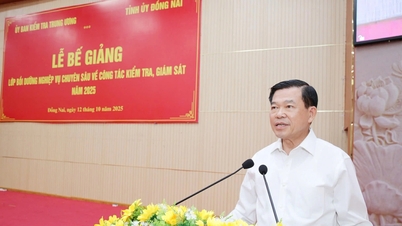

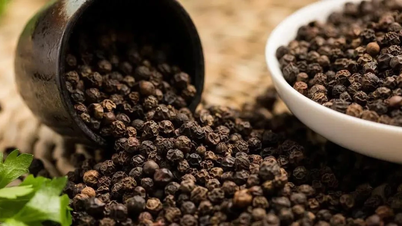

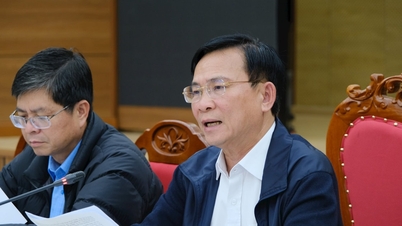

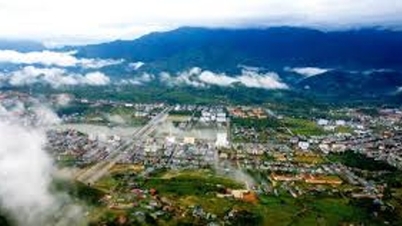


















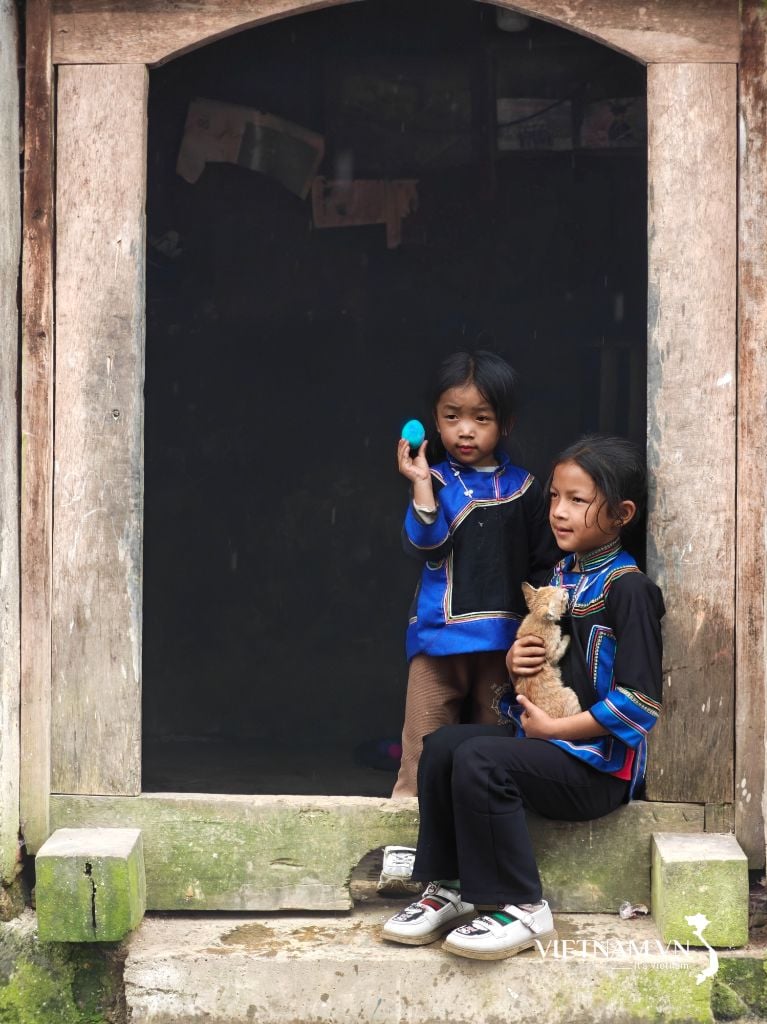


Comment (0)